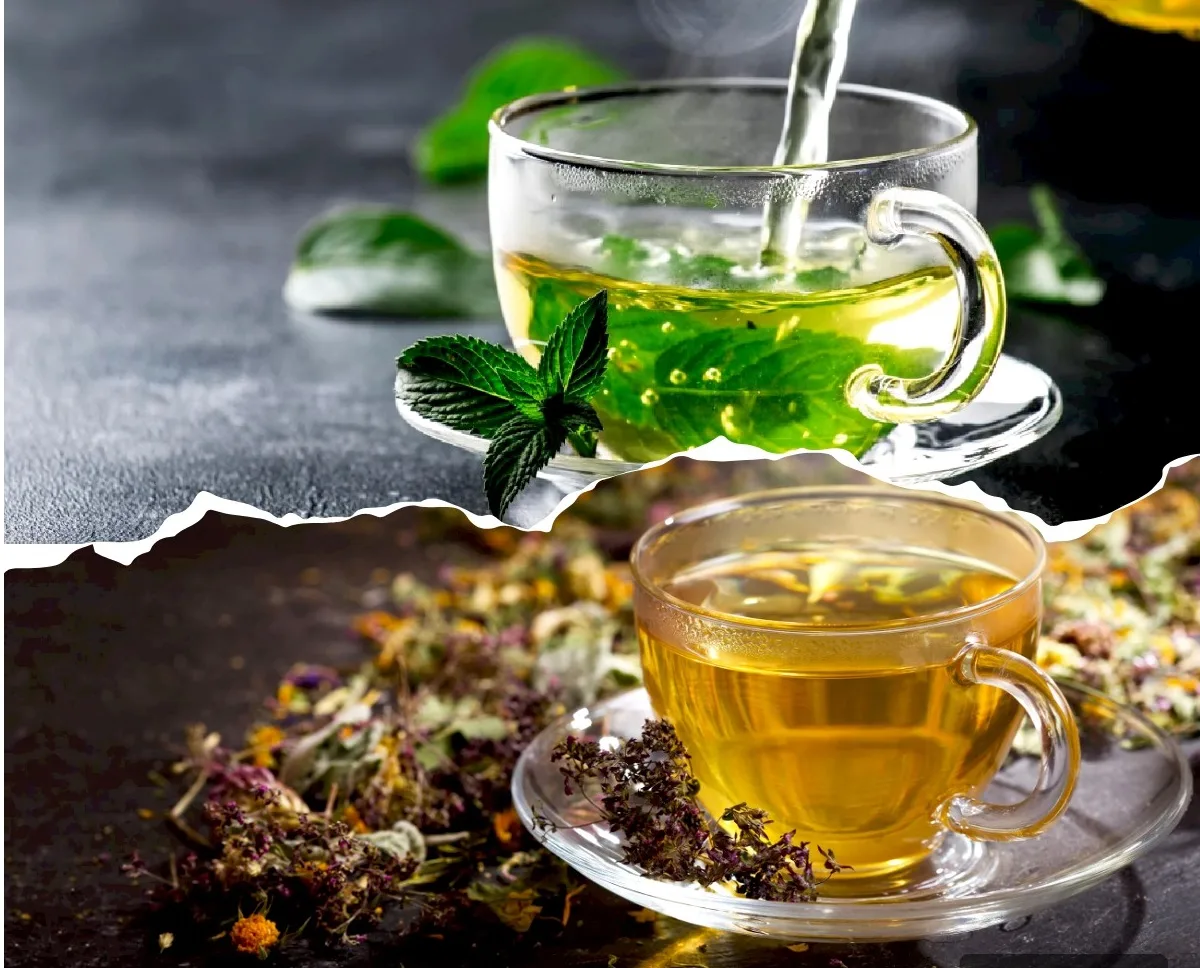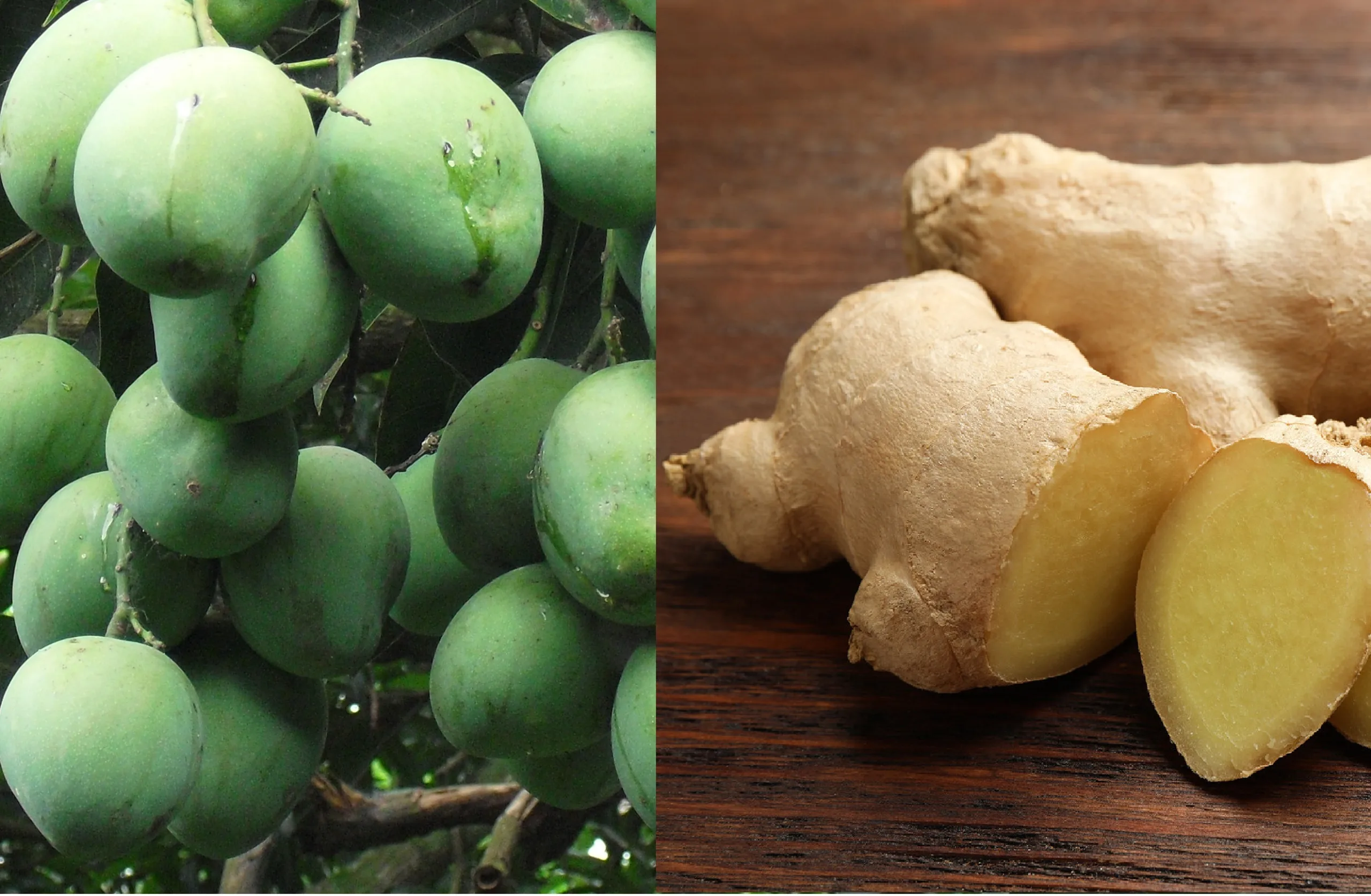Green Tea vs. Herbal Teas: Which Brew Reigns Supreme for Your Health

Green tea, derived from the leaves of the Camellia sinensis plant, has garnered significant attention for its impressive health benefits, primarily attributed to its high antioxidant content. This ancient beverage is not only a staple in many cultures but is also recognized as a superfood in modern nutrition science.
Key Active Ingredients in Green Tea
- Catechins:
Green tea is particularly rich in catechins, a type of antioxidant, with epigallocatechin gallate (EGCG) being the most notable. These compounds play a crucial role in protecting cells from damage and reducing inflammation.
Research suggests that catechism may also help lower the risk of certain cancers and cardiovascular diseases by combating oxidative stress and inflammation in the body12.
- Caffeine:
While green tea contains caffeine, it is significantly less than that found in coffee. This moderate amount can enhance alertness and cognitive function without the jittery side effects often associated with higher caffeine consumption34.
- L-Theanine:
This amino acid present in green tea promotes relaxation without drowsiness. It works synergistically with caffeine to improve brain function, enhancing focus and attention while providing a calming effect56.
Health Benefits of Green Tea
Numerous studies have highlighted various health benefits associated with regular green tea consumption:
Heart Health: Drinking green tea may support heart health by lowering blood pressure and cholesterol levels. A meta-analysis indicated that individuals who consume green tea regularly have a reduced risk of cardiovascular diseases24.
Weight Management: While claims about weight loss are often exaggerated, some studies suggest that green tea can aid in fat burning and improve metabolic rates when combined with exercise67.
Brain Health: Regular consumption of green tea has been linked to a lower risk of neurodegenerative diseases such as Alzheimer’s and Parkinson’s.
The combination of caffeine and L-theanine appears to enhance cognitive performance and protect against age-related cognitive decline35.
Cancer Prevention: Although results are mixed, some research indicates that the antioxidants in green tea may help reduce the risk of certain types of cancer by inhibiting tumor growth and reducing inflammation46.
Comparable Herbal Teas
While green tea stands out for its unique properties, several herbal teas offer comparable health benefits:
- Moringa (Moringa oleifera):
Known as the “drumstick tree,” moringa leaves are packed with antioxidants like quercetin and chlorogenic acid, providing similar protective effects against oxidative stress1.
- Hibiscus (Hibiscus sabdariffa):
Hibiscus tea is rich in antioxidants and has been shown to lower blood pressure and support heart health, making it a beneficial alternative to green tea1.
- Bitter Leaf (Vernonia amygdalina):
Commonly used in Nigerian medicine, bitter leaf is known for its anti-malarial properties and high antioxidant content, offering various health benefits akin to those of green tea1.
Important Considerations
While incorporating these herbal teas into your diet can be beneficial, it’s essential to remember that they should complement a balanced diet rather than replace it.
Additionally, herbal teas can interact with medications or specific health conditions; thus, consulting a healthcare provider before starting any new herbal regimen is advisable25.
In conclusion, both green tea and its herbal counterparts provide numerous health benefits through their rich antioxidant profiles and unique compounds. By integrating these beverages into your daily routine, you can enjoy their potential advantages while supporting overall wellness.



